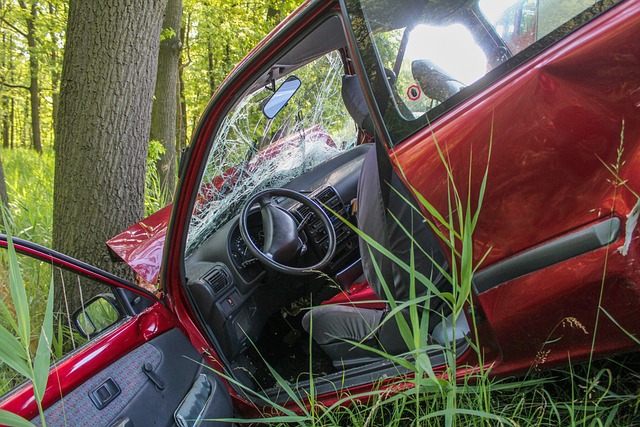When shopping for auto insurance, two common types of coverage you’ll encounter are collision and comprehensive insurance. While both are designed to protect your vehicle, they cover different types of damage and situations. Understanding the distinctions between collision and comprehensive insurance can help you make informed decisions about your policy.
What Is Collision Coverage?
Collision coverage is specifically designed to cover damage to your vehicle resulting from accidents involving:
- Another vehicle
- A stationary object, such as a tree or pole
- Rollovers or other single-car accidents
This type of coverage is vital if you want financial protection for repairs or replacement costs after an accident. For a detailed explanation, visit What Is Collision Coverage and How Does It Work?.
What Is Comprehensive Insurance?
Comprehensive insurance, on the other hand, covers damages to your vehicle caused by events that are not collision-related. Common scenarios include:
- Theft
- Vandalism
- Natural disasters, such as floods, hail, or earthquakes
- Fire
- Animal strikes (e.g., hitting a deer)
In essence, comprehensive insurance protects against “everything else” that can go wrong with your car.
How Do the Premiums Differ?
Collision coverage generally has higher premiums than comprehensive insurance due to the likelihood of filing a claim. Accidents are more common than events like theft or natural disasters, making collision coverage a higher risk for insurers.
To keep premiums manageable, consider factors like your deductible and driving habits. For additional guidance, check out Is Collision Coverage Mandatory for All Drivers?.
What Are the Deductibles Like?
Both collision and comprehensive coverage require deductibles, which is the amount you pay out of pocket before your insurance kicks in. Here’s how they compare:
- Collision Coverage Deductibles: Typically range from $500 to $1,000.
- Comprehensive Coverage Deductibles: Often lower, starting at $250.
Choosing the right deductible depends on your financial situation and risk tolerance.
When Should You Opt for Collision Coverage?
Collision coverage is essential if:
- You have a new or valuable vehicle
- Your car is financed or leased (lenders often require it)
- You want protection from repair costs after an accident
For instance, if you’re involved in a multi-car pileup on the highway, collision insurance ensures that your vehicle repairs are covered, regardless of who was at fault.
When Should You Consider Comprehensive Insurance?
Comprehensive insurance is a smart choice if:
- You live in an area prone to natural disasters
- Vehicle theft or vandalism is a concern
- Your car is parked outdoors frequently
Imagine waking up to find your car’s windshield shattered by a falling branch during a storm. Comprehensive insurance covers the repair costs in such scenarios.
Can You Have Both Collision and Comprehensive Coverage?
Yes, many drivers choose to carry both types of coverage for comprehensive protection. This combination ensures your vehicle is covered for a wide range of risks, from accidents to natural disasters. However, it’s important to evaluate your car’s value and your budget to determine if carrying both makes sense.
Do Older Cars Need Both Coverages?
For older vehicles, the cost of collision and comprehensive coverage may exceed the car’s value. In such cases, you might consider dropping one or both types of coverage to save on premiums. If the annual cost of these coverages plus your deductible is greater than your car’s market value, it may not be worth maintaining them.
Real-Life Example: Collision vs. Comprehensive
A friend of mine recently faced two very different situations. In the first, he accidentally backed into a fence, causing significant damage to his rear bumper. His collision coverage took care of the repairs, minus the deductible. In the second scenario, a hailstorm dented his car’s hood and roof. This time, his comprehensive insurance covered the damage. These experiences highlight how the two coverages complement each other.
How to Decide What’s Right for You
Here are some factors to consider when choosing between collision and comprehensive insurance:
- Vehicle Value: Newer, more expensive cars benefit from both coverages.
- Location: Living in areas prone to extreme weather or high accident rates may necessitate comprehensive or collision insurance.
- Budget: Evaluate how much you’re willing to spend on premiums and deductibles.
The Bottom Line
Collision and comprehensive insurance serve distinct purposes but work together to provide robust protection for your vehicle. Whether you’re navigating busy roads or bracing for a storm, understanding the differences between these coverages ensures you’re prepared for the unexpected. Review your needs, assess your risks, and select the coverage that’s right for you.



